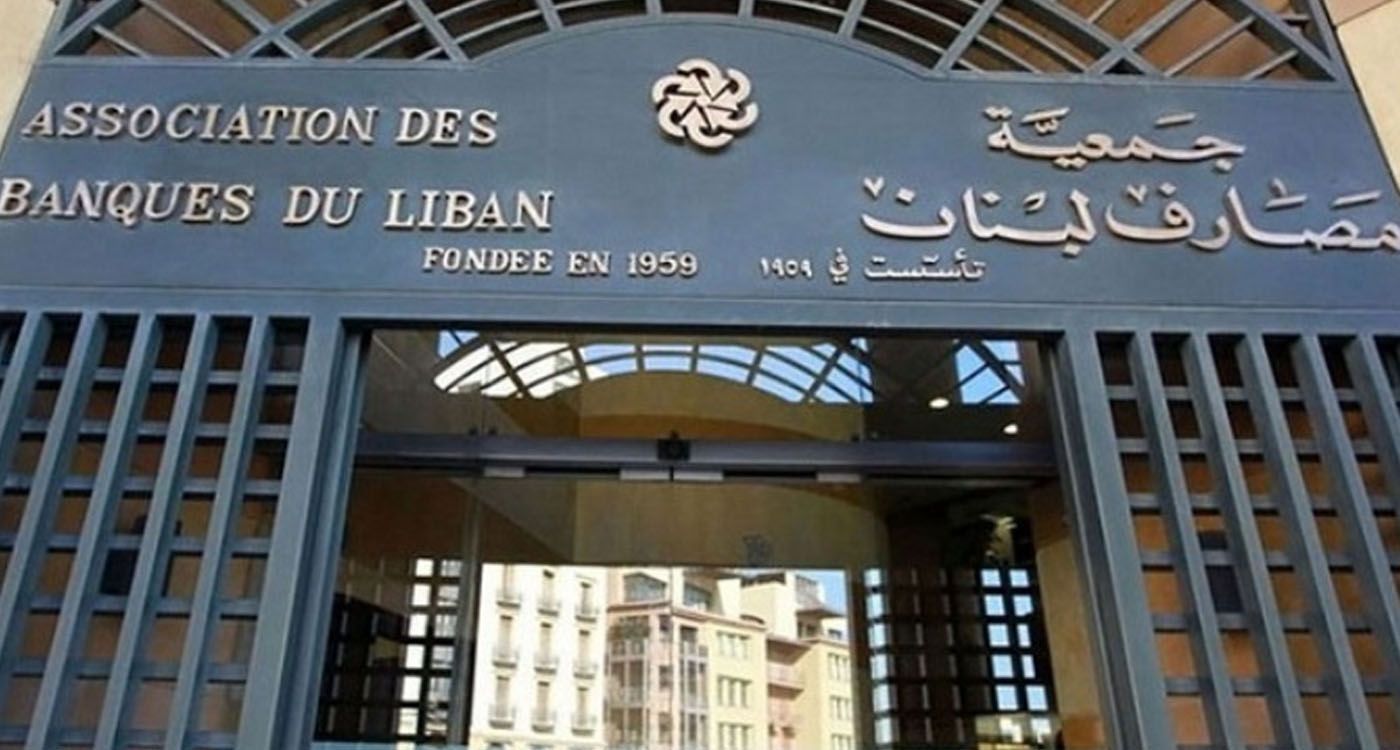
The economic collapse is systemic and cannot be resolved without the state assuming its share of responsibility, the Association of Banks in Lebanon (ABL) warned in its latest monthly report for October 2025.
The statement directly challenges the government’s draft “financial gap” law, which omits any reference to a systemic crisis, a move the banking lobby says is aimed at shielding the state from blame for massive financial losses, including depositors’ frozen funds.
ABL Secretary-General Fadi Khalaf said ignoring the true nature of the crisis in legislation “undermines the foundation of any recovery effort.” He questioned how authorities could call for “preserving the banking sector” while advancing laws that weaken it.
Khalaf noted that both monetary and financial authorities have already acknowledged Lebanon is facing a systemic breakdown affecting the state and its financial institutions. Yet, he said, “the paradox lies in the removal of the term ‘systemic crisis’ from recent draft laws, as if that alone could conceal the reality everyone sees.”
He stressed that any effective cooperation between the banking sector and the government must be based on recognizing the crisis’s systemic roots and maintaining institutional partnership. The ABL reiterated several core principles for recovery, including upholding depositors’ rights, enforcing Article 113 of the Code of Money and Credit, which obliges the state to cover the Central Bank’s losses, and rejecting the erasure of banking assets to reduce public debt.
“These principles form the foundation for protecting both the banking sector and depositors’ funds,” Khalaf said, warning that recovery “cannot come through the simultaneous erasure of deposits and banks, but through the state’s acceptance of its primary responsibility for the crisis and concrete action, not rhetoric.”



Comments